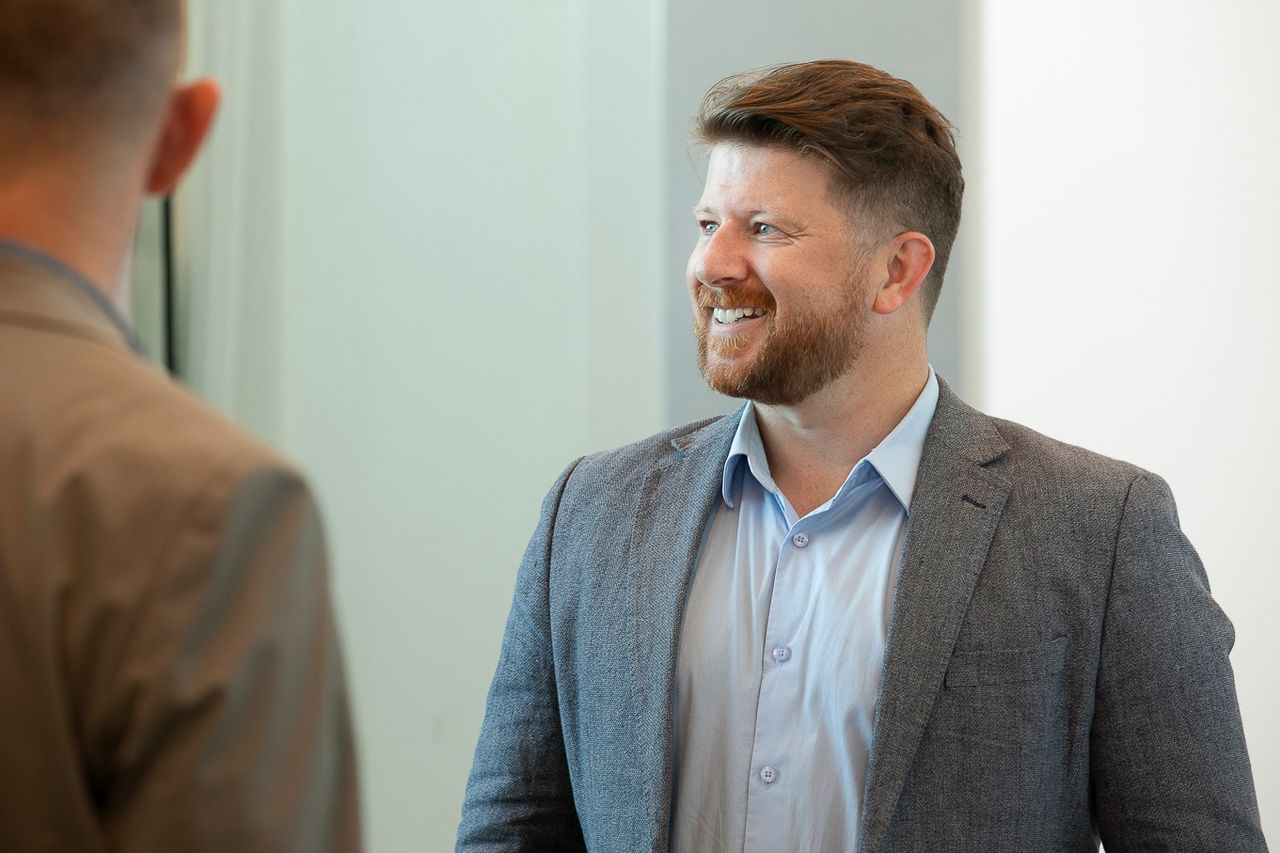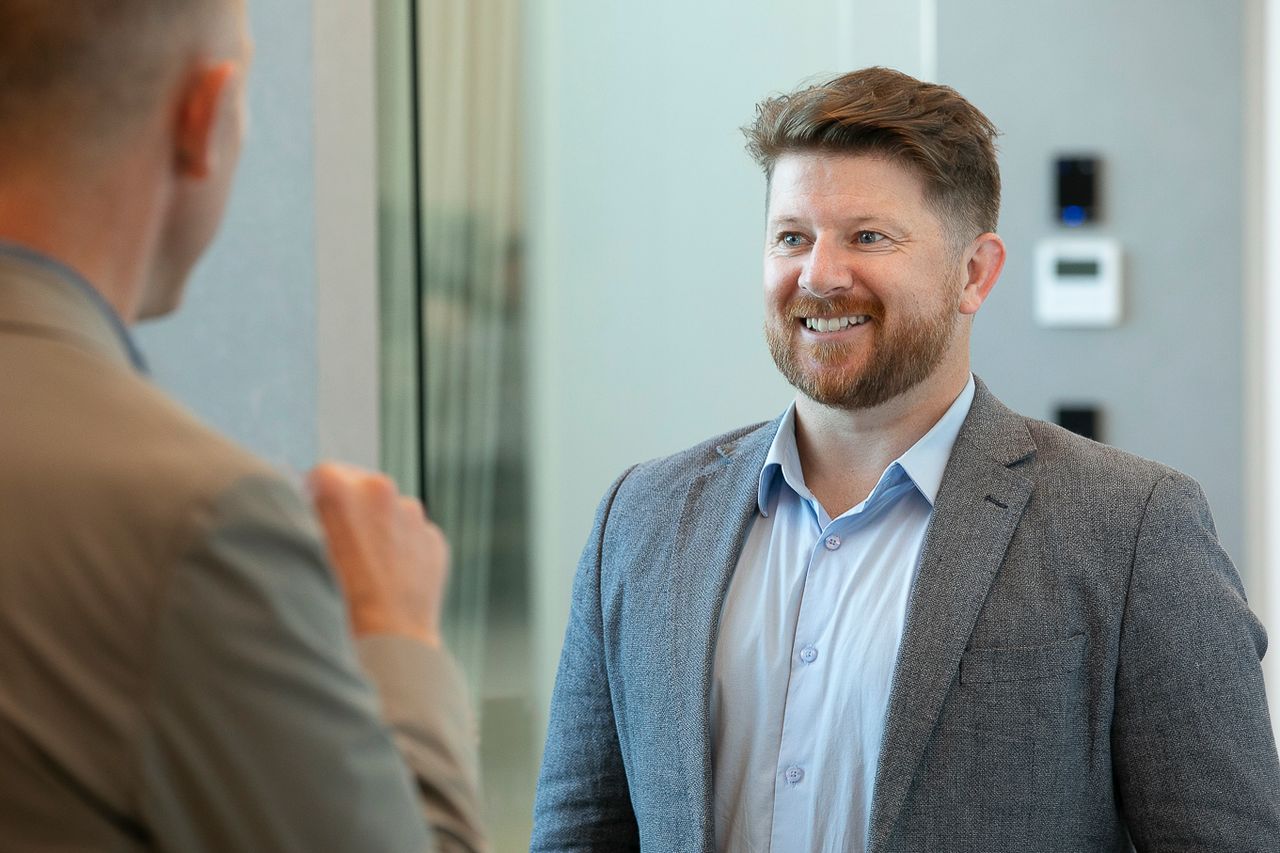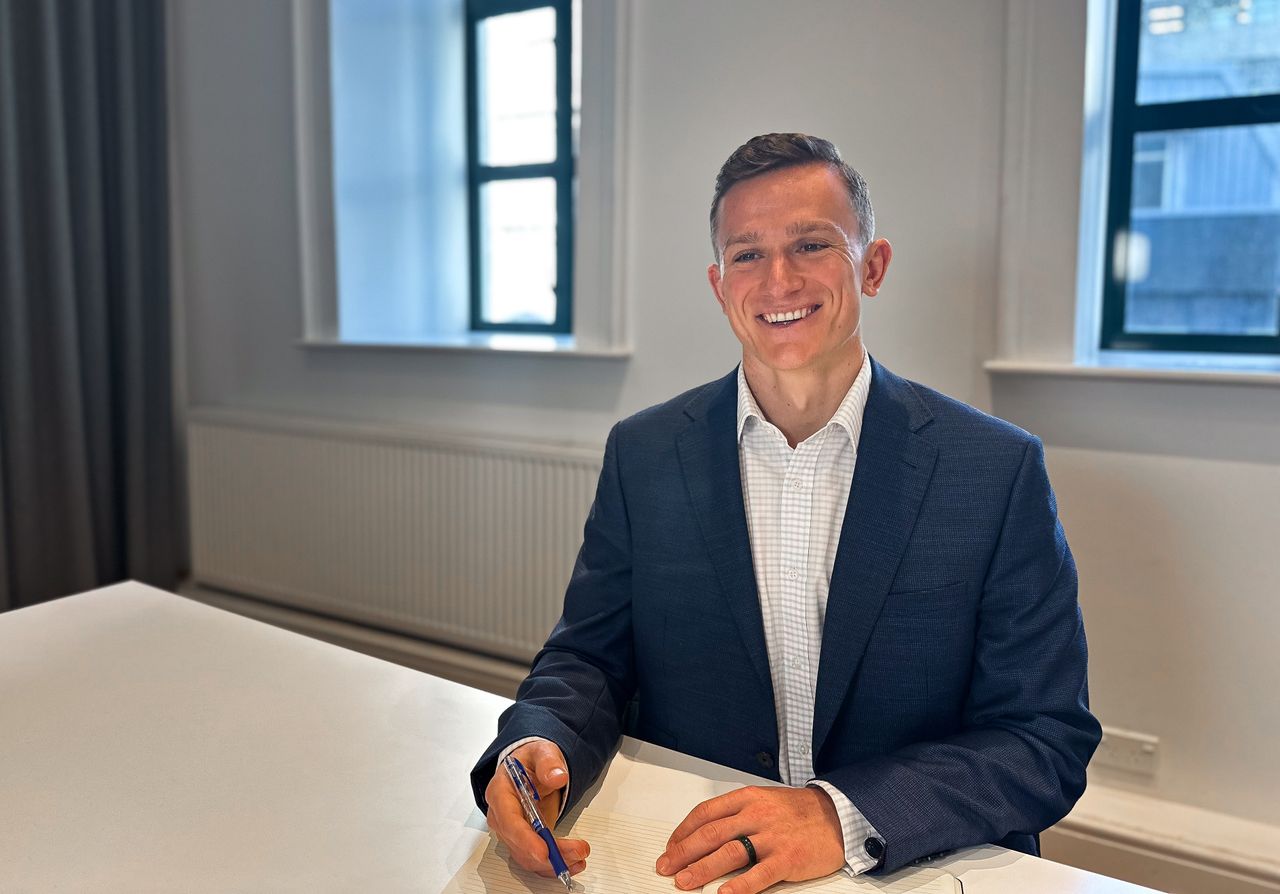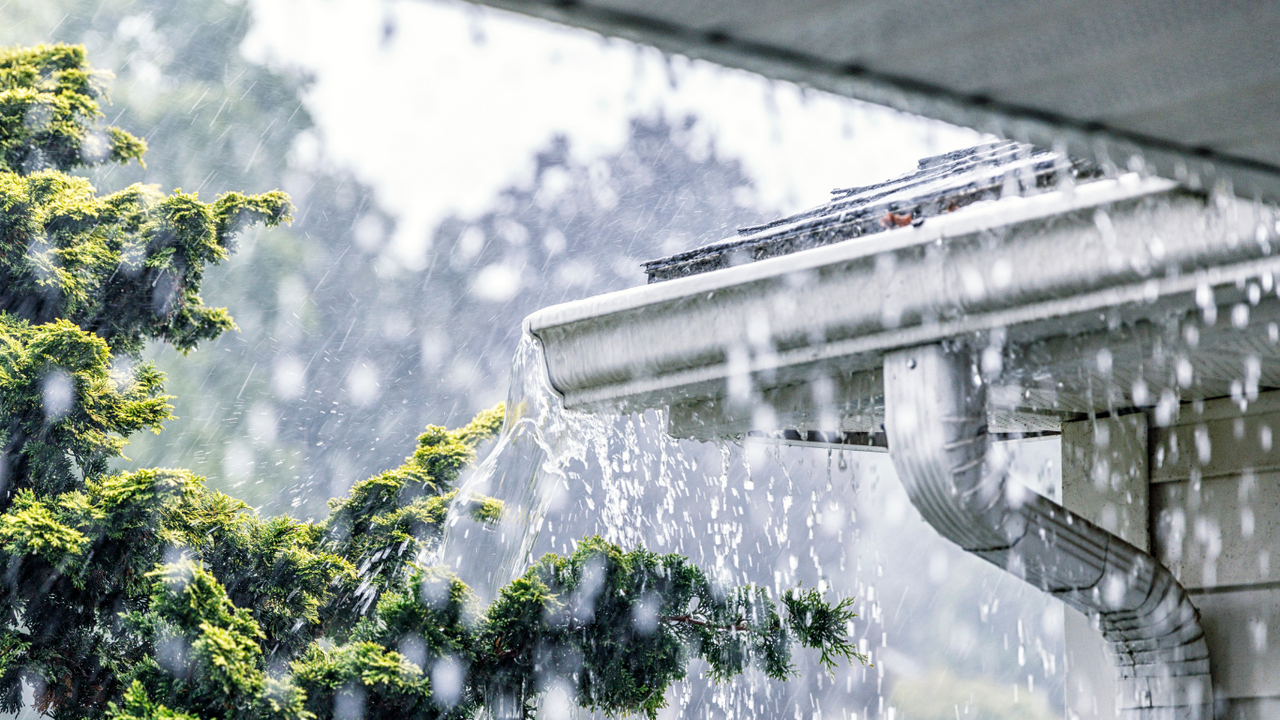News & Insights
Striving for Success

While recent changes to the Water Services Reform are yielding encouraging progress, the question of resource constraints will ultimately decide the success of the programme. RCP’s Dave Copeland has extensive project management experience in the Three Waters sector and currently plays an active role in the wider reform programme. He explains why a range of interwoven strategies focussed on resourcing will be vital to bringing the Government’s $180bn scheme to fruition.
Water Services Reform is set to be the catalyst that transforms the way in which Aotearoa’s precious water resources are protected and managed. However, as we tread this path of positive change, we must also acknowledge that the journey ahead requires a significant influx of resources (both human and financial) that are beyond the sector’s present capacity. Considering that the Water Services Entities Amendment Act requires the establishment of 10 water entities by July 2026, the volume of work ahead needs to be carefully planned for. This date is fast approaching and will draw heavily upon resource pools. To achieve success downstream it is vital that the sector is proactive in forming a strategy to increase capacity.
At the heart of the challenge lies the question of how to efficiently attract resources to a growing sector that has only recently begun responding in earnest to years of underspend on its assets. Currently, projected spend to get the nation’s three waters assets back on track is circa $180bn over the next 30 years. Getting there will be a delicate balancing act that warrants an overarching strategy led by central government, in collaboration with external parties.
In addition, addressing the resources required for Aotearoa’s water infrastructure cannot be done in isolation. Consideration must be given to how other proposed programmes of work will affect the availability of resources, particularly skilled labour. For example, the recently announced potential re-establishment of the Roads of National Significance (RoNS) transport policy, will result in greater competition within subsets of the infrastructure sector for resources, driving further supply and demand issues and adding to inflationary pressures. In addressing this problem, one of the key questions is whether to rely solely on internal capability, or to seek external support through initiatives such as joint ventures, immigration of skilled labourers, and incentives for Kiwis abroad to return home to reengage with the industry.
Nurturing internal talent and expertise currently found in Aotearoa also offers undeniable advantages. By investing in the development of our national workforce there is an opportunity to foster a sense of ownership, continuity, and accountability within our organisations. Committed professionals can become subject matter experts, deeply ingrained in the sector's culture and objectives. This level of dedication would enable better long-term control over assets and projects, along with retention of valuable knowledge that is underpinned by strong institutional foundations.
However, relying exclusively on internal resources may have its limitations initially. The sector is facing unprecedented challenges, requiring specialist expertise and innovative solutions – not to mention a significant increase in workforce required to achieve desired outcomes. New water quality standards, along with the implementation of better asset management protocols, are driving an increased volume of work. Developing in-house expertise for every emerging challenge will be time consuming and costly, which means that – in the short term at least – outsourcing is a valid option. However, attracting and retaining highly skilled professionals will also have its challenges, given the competitive nature of the job market industry wide. In addressing the longer-term issue of skills shortage, a key part of the ultimate solution will be both education and resource retention.
The construction industry has long suffered from a shortage of skilled experts. In particular, engineers from all fields. There have been a variety of models adopted to address this, such as upskilling, attempts to attract resource from other industries, outsourcing and partnerships, all of which have their pros and cons. In addressing the skills shortage for water infrastructure, a number of initiatives have been proposed to tackle upskilling, including the creation of a 'Water Education Centre' or ’Academy’. The purpose of this institution would be to provide training that is pertinent, easily accessible, and welcoming to all. The centre would aim to strengthen expertise in culture, sustainability, and the technical skills needed to achieve the target of a 50% increase in training engagement, as recommended by the Transformation Strategy.
Outsourcing certain aspects of the workforce can be an efficient solution to bolster the sector's capabilities too. This has been a longstanding approach used beneficially throughout the construction sector. Partnering with specialised internal and external agencies can bring fresh perspectives, technical expertise, and innovative approaches. This allows the industry to leverage a broader talent pool and scale up or down resources as needed. Yet, we must approach any collaborations thoughtfully, ensuring alignment with programmes’ core values and objectives are maintained.
Finding the right balance is paramount to success. To meet the sector’s resourcing challenges effectively, central government needs to find an approach that harnesses the benefits of both internal and outsourced models. By investing in the continuous development of our workforce, we can reinforce skills and expertise while cultivating a culture of learning and adaptability. Concurrently, strategic partnerships with external specialists will infuse our initiatives with fresh perspectives and advanced methodologies.
Finally, a critical aspect of addressing the resourcing challenge lies in embracing technological advancements and innovation. Automation and digitisation can streamline processes, reduce manual workloads, and improve overall efficiency. Emphasising research and development efforts can lead to breakthrough solutions and sustainable practices, further augmenting the sector's capabilities.
The Three Waters sector's transformative journey is a collective undertaking that hinges on thoughtful resource management, strategic engagement, and partnerships. Once we identify the primary resource requirements, and where the gaps exist, we can plan to address them using a combination of internal and external resources. To turn the Water Services Reform promises into tangible outcomes, the industry must confront the resourcing challenges head on. By striking the right balance between internal and outsourced resourcing, investing in staff development, and embracing technological innovation, the industry can overcome its resource limitations and achieve its transformative goals effectively. This strategic approach will not only ensure the sector delivers on its commitments but also position Aotearoa as a global leader in sustainable water management practices.



